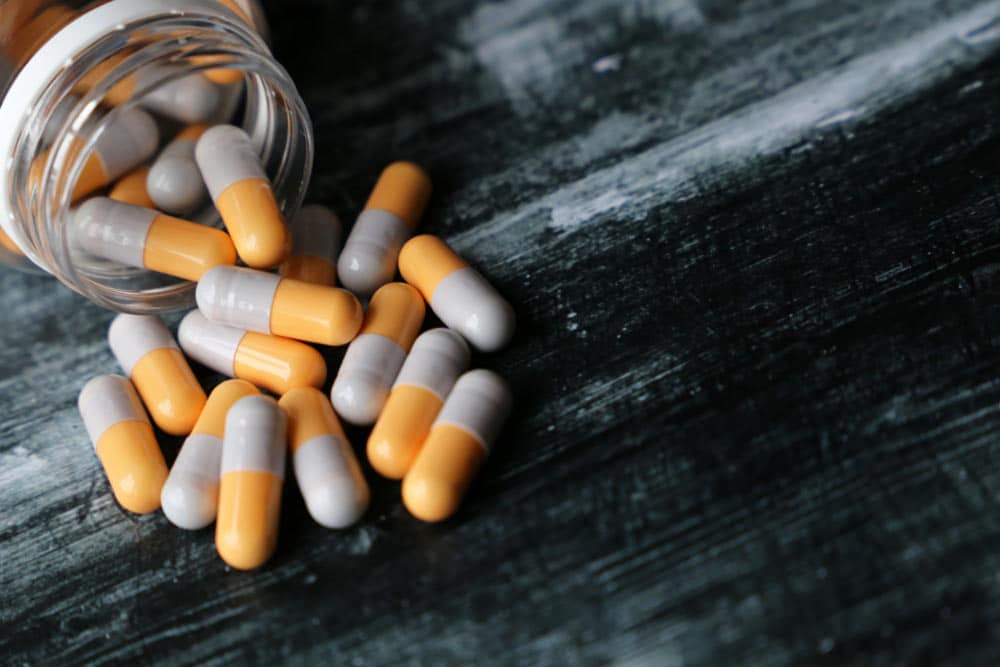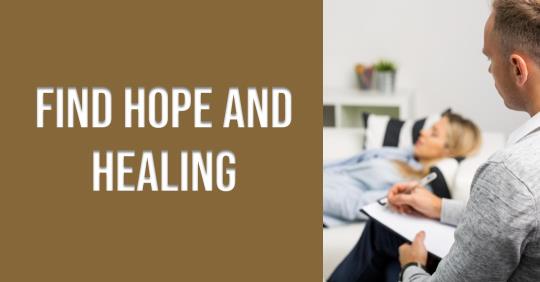Depression affects millions of people – According to the National Institute of Mental Health (NIH), it is one of the most common mental disorders in the United States. Major depression can result in severe impairments that interfere with or limit one’s ability to carry out major life activities for many individuals.
Most Common Signs of Depression
Depending on the person, depression can look different. Though some may exhibit more recognizable signs like fatigue and low mood, others may appear more irritable or angry. Other signs of depression can include:
- Lack of interest in activities
- Changes in sleep patterns
- Changes in appetite
- Feelings of guilt or despair
- Lack of energy
- Trouble concentrating
- Suicidal thoughts
Different Approaches to Treating Depression
Depression can be treated, even in the most severe cases. The earlier you catch the symptoms, the earlier treatment can begin and the more effective it is. Depression is usually treated with medications, psychotherapy, or a combination of the two. If these treatments do not reduce symptoms, electroconvulsive therapy (ECT) and other brain stimulation therapies may be options to explore.
Risks of Overdosing On Antidepressants
Overdosing on prescription antidepressant medication is possible if a person takes too many of their or someone else’s pills. In addition, a person is more likely to overdose on antidepressants if they mix them with alcohol or other prescription or illicit drugs.
Overview of Prescription Antidepressants
There are five main types of antidepressants. Each works in a slightly different way. The five main types of antidepressants are:
- selective serotonin reuptake inhibitors (SSRIs)
- serotonin-norepinephrine reuptake inhibitors (SNRIs)
- tricyclic antidepressants (TCAs)
- monoamine oxidase inhibitors (MAOIs)
- atypical antidepressants
Taking too many antidepressants can lead to overdose. In severe cases, this may be life-threatening. TCA overdoses are more common than other antidepressant overdoses. They also tend to be the most severe.
One 2017 report from The National Institute of Health (NCBI) found tricyclic antidepressants to be among the top 25 medications linked with the highest number of deaths from overdose. Other classes of antidepressants, including SSRIs and SNRIs, are also on that list.
In fact, antidepressants are number three on the list of the most common causes of poisonings for adults in the United States. This list includes medications as well as other substances, such as cleaning products and chemicals.
Can You Overdose On Antidepressants?
Overdosing on antidepressants can cause mild to severe symptoms. In some cases, death is possible.
Your individual symptoms will depend on:
- how much of the medication you took
- how sensitive you are to the medication
- whether you took the medication in conjunction with other drugs
Symptoms of Excessive Antidepressance Misuse
In severe cases, you may experience:
- hallucinations
- abnormally fast heart rate (tachycardia)
- seizures
- tremors
- low blood pressure (hypotension)
- coma
- cardiac arrest
- respiratory depression
- death
What to Do During an Antidepressant Overdose
If you suspect an overdose has occurred, seek emergency medical care right away. You shouldn’t wait until your symptoms get more severe. Certain types of antidepressants, especially MAOIs, may not cause severe symptoms for up to 24 hours after overdose.
Get Treatment For Co-occurring Disorders
At Aspen Behavioral Health, we understand the ups and downs of life and sometimes the downs don’t go away too easily. Nestled in the Recovery Capital of Sunny, South Florida, we are a West Palm Beach drug addiction, alcoholism, and dual diagnosis treatment center that truly strive to make a difference in the lives of every single patient and their affected families. Start Healing Today!




